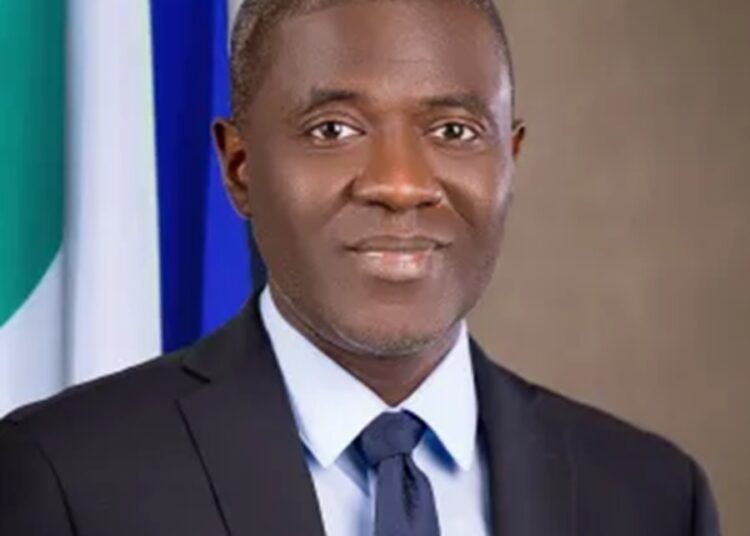The Nigerian Communications Commission (NCC) is raising concerns about how the upcoming Lagos-Calabar coastal road construction could affect the country’s telecom infrastructure, especially the submarine fiber optic cables that are essential for internet connectivity.
Fiber optic cables are the backbone of Nigeria’s telecom industry, providing crucial network capacity. As of 2023, there were about 78,676 kilometers of fiber optic cables deployed across Nigeria, with major installations in cities like Lagos, Edo, and Abuja. However, these cables are often damaged by accidental cuts, which cause major disruptions.
In the past five years, Nigeria has seen over 50,000 cases of infrastructure damage, with fiber cuts making up a significant portion of the problem. The damage has cost telecom companies, such as MTN Nigeria and Airtel Africa, billions of Naira in repairs and lost revenue.
Lekan Balogun, CEO of NetAccess Limited, pointed out that the most common causes of these cuts are accidents during construction work, poor communication between construction firms and telecom companies, and vandalism. With the Lagos-Calabar coastal road construction set to begin soon, telecom operators are worried that several submarine cables, including those from MainOne, SAT-3, and others, may be damaged if they are not relocated before the work starts.
Telecom operators are calling on the government to ensure these cables are moved safely to prevent widespread internet outages. Mr. Ajibola Olude, executive secretary of the Association of Telecommunications Companies of Nigeria (ATCON), urged the government to involve telecom companies in the planning process and ensure that the relocation of cables is done properly.
Gbenga Adebayo, chairman of the Association of Licensed Telecom Operators of Nigeria (ALTON), stressed that telecom companies had already received approval for the Right of Way (RoW) for these cables. He called on the government to work closely with telecom operators to avoid damage to these critical infrastructures and ensure smooth road construction.
The NCC and industry stakeholders have also suggested that future road projects incorporate underground ducts for fiber optic cables, as this would offer better protection from accidental damage and theft. This idea has been successfully implemented in countries like Rwanda and Kenya.
In response to these concerns, the Nigerian government has agreed to redirect the Lagos-Calabar coastal road construction route to avoid damaging critical telecom infrastructure. The Minister of Works, David Umahi, confirmed that the road alignment would be adjusted after consultations with telecom operators and other stakeholders, ensuring that important cables and infrastructure are preserved.
This move is seen as a positive step towards safeguarding Nigeria’s digital infrastructure while allowing for much-needed road development.




